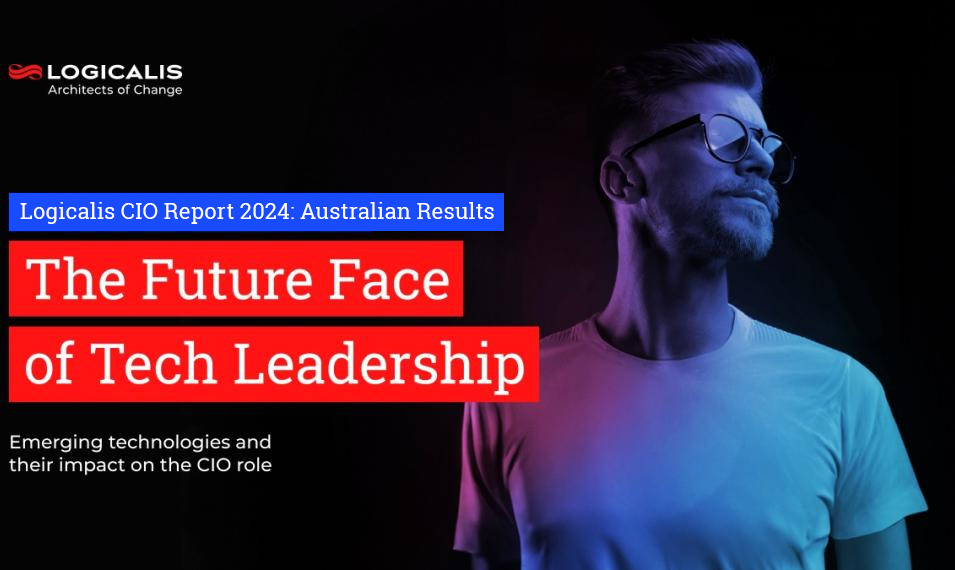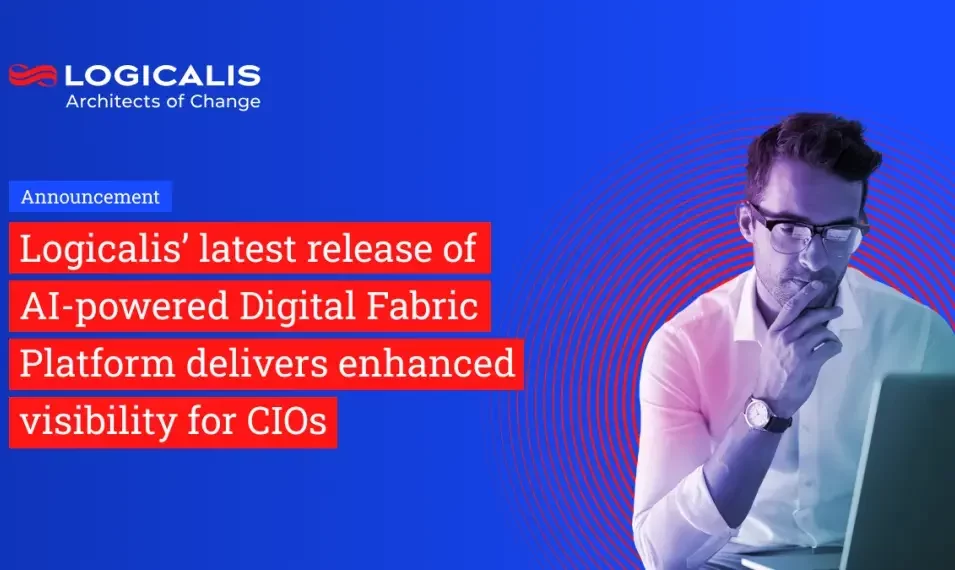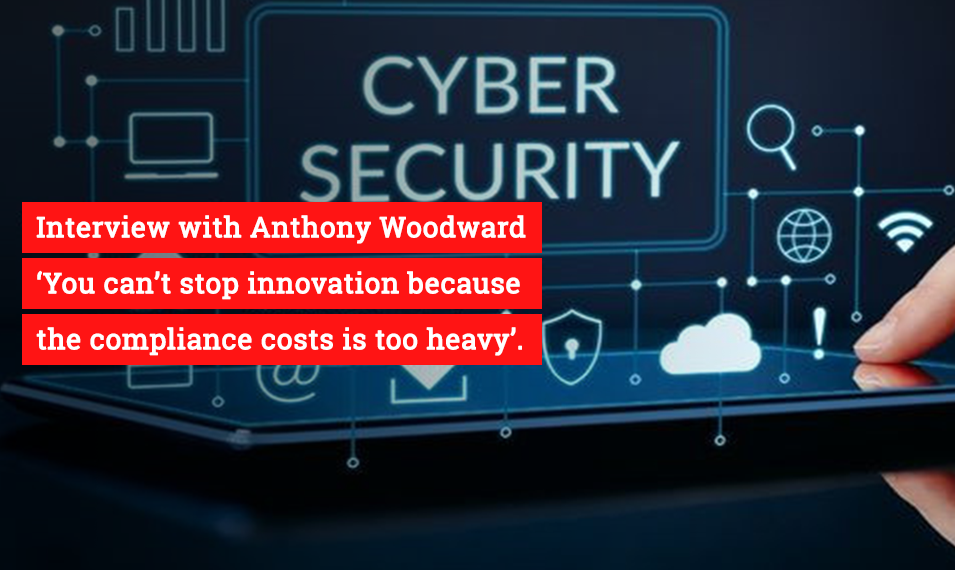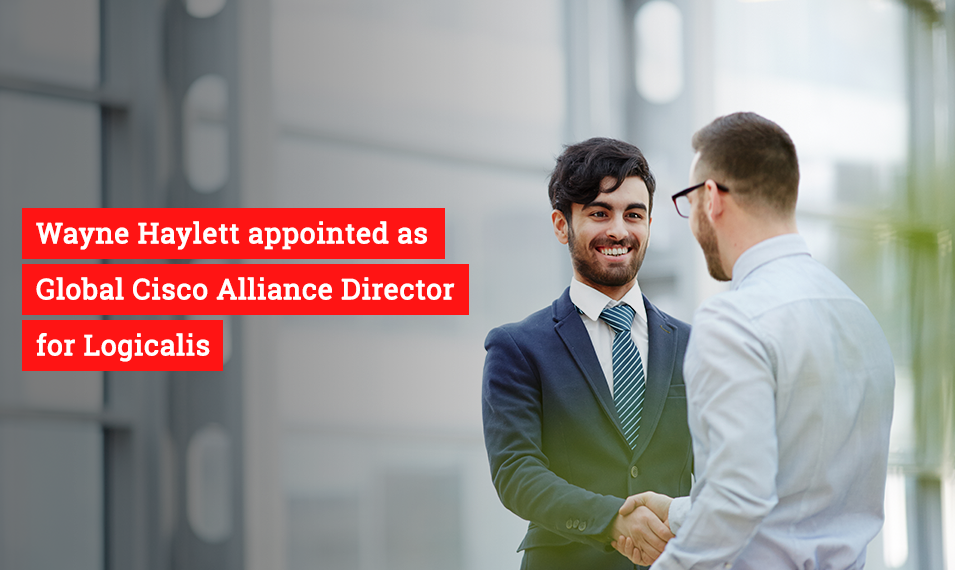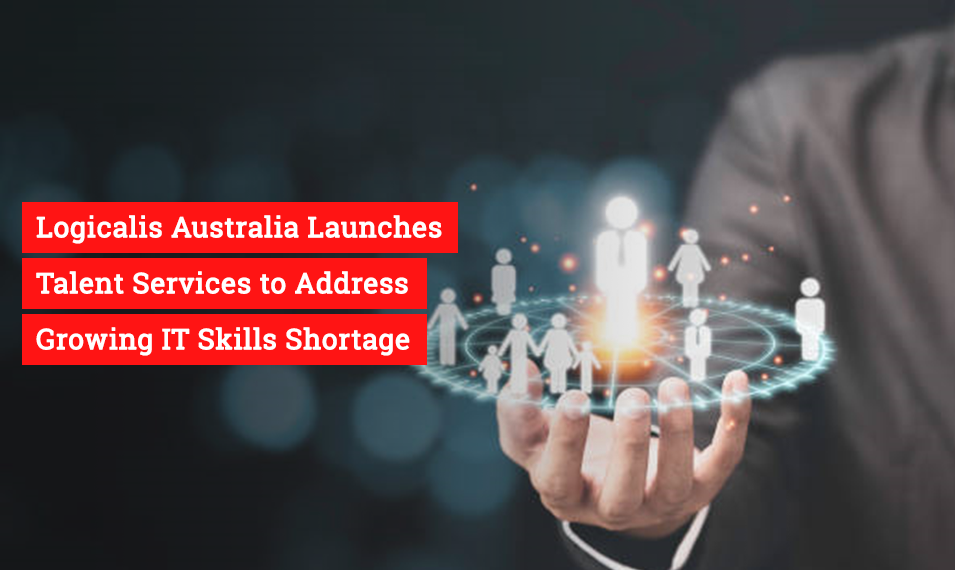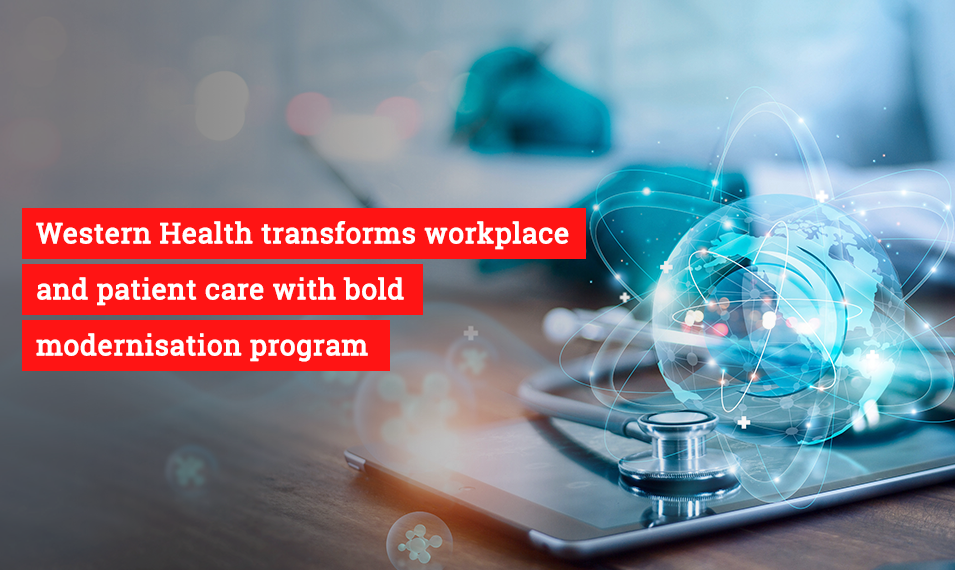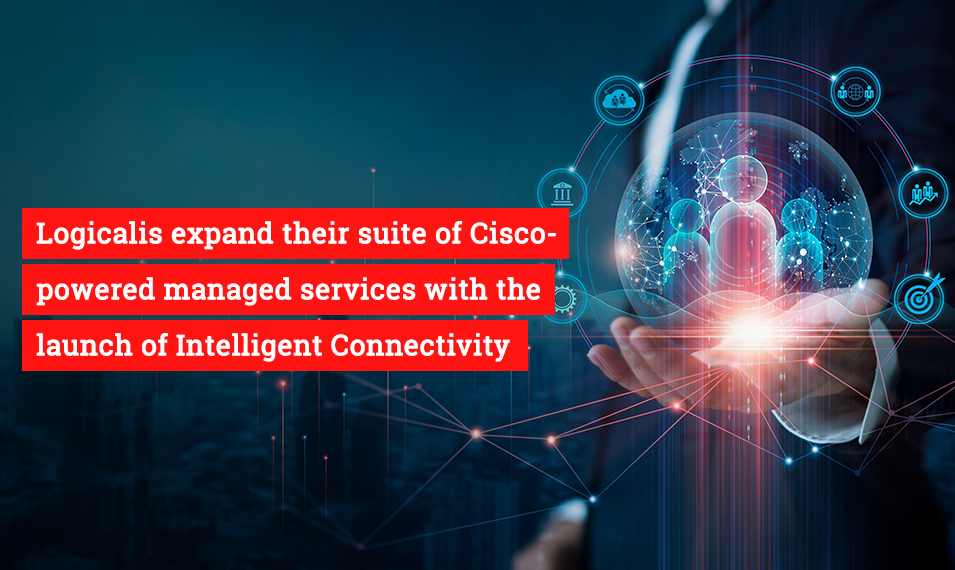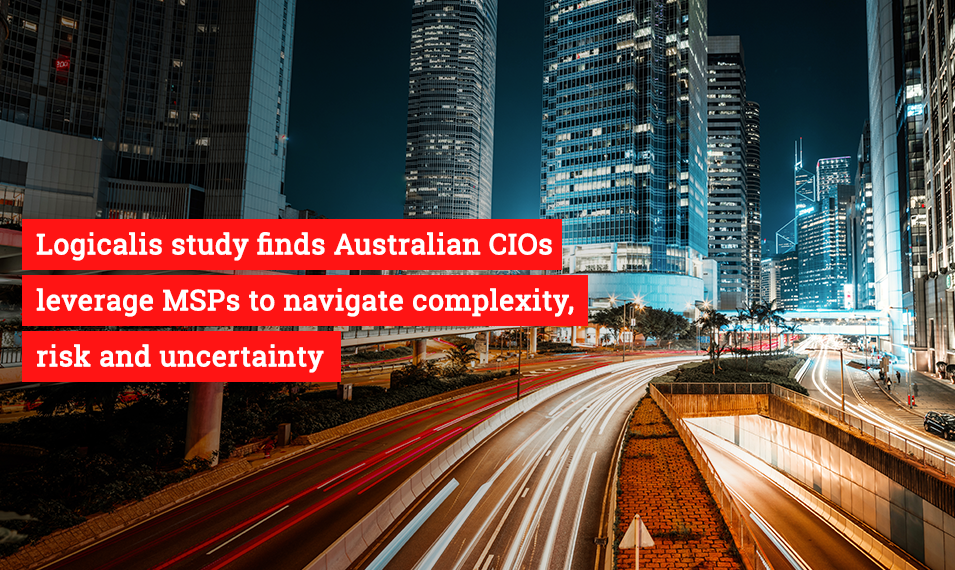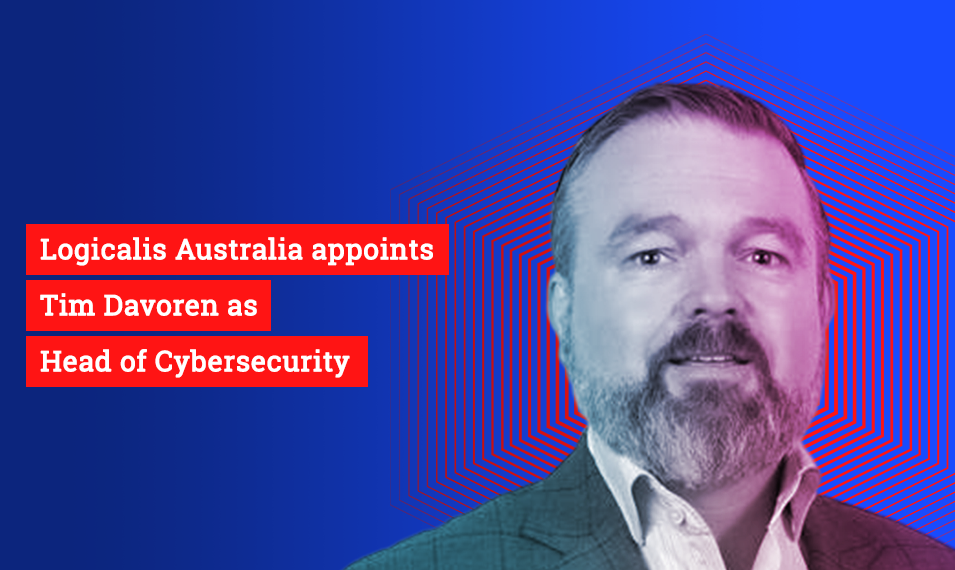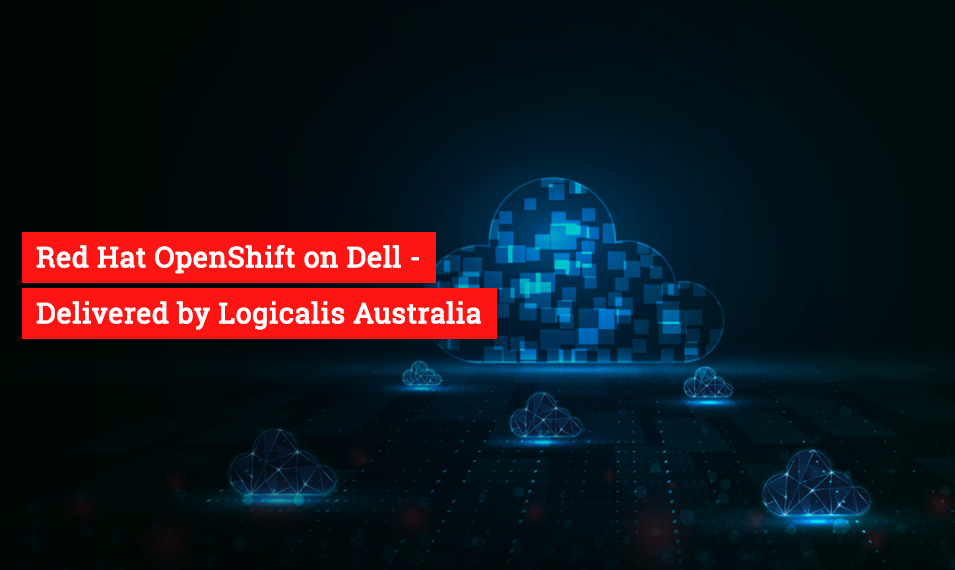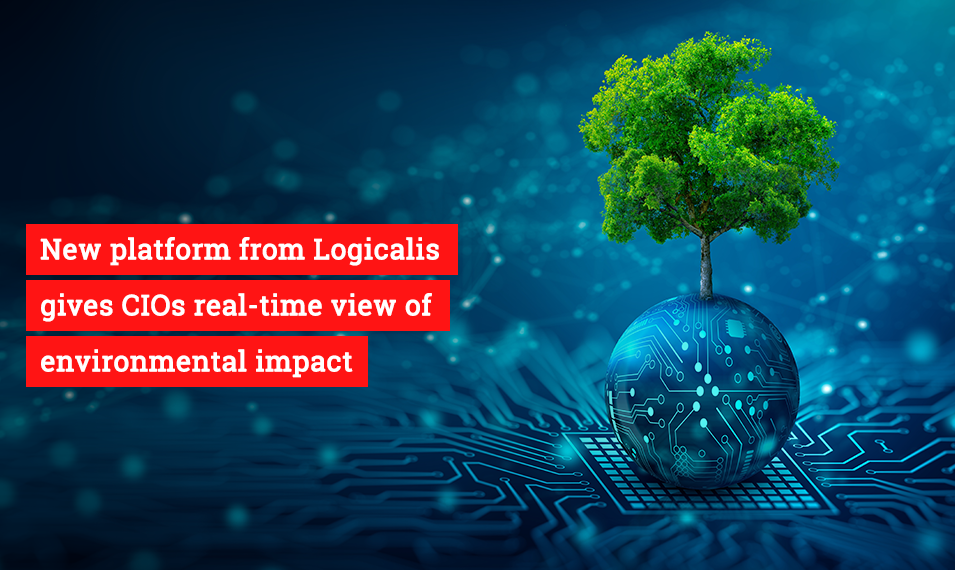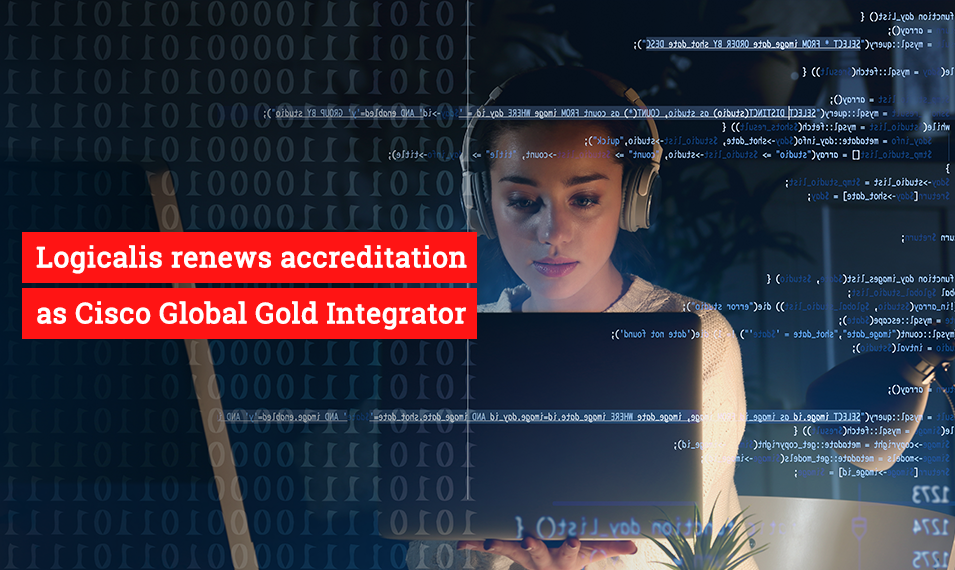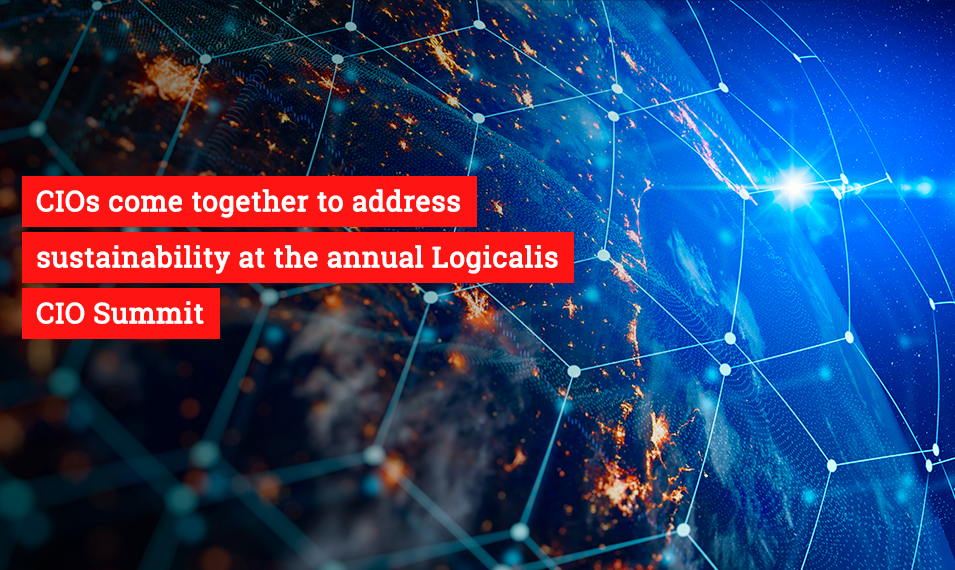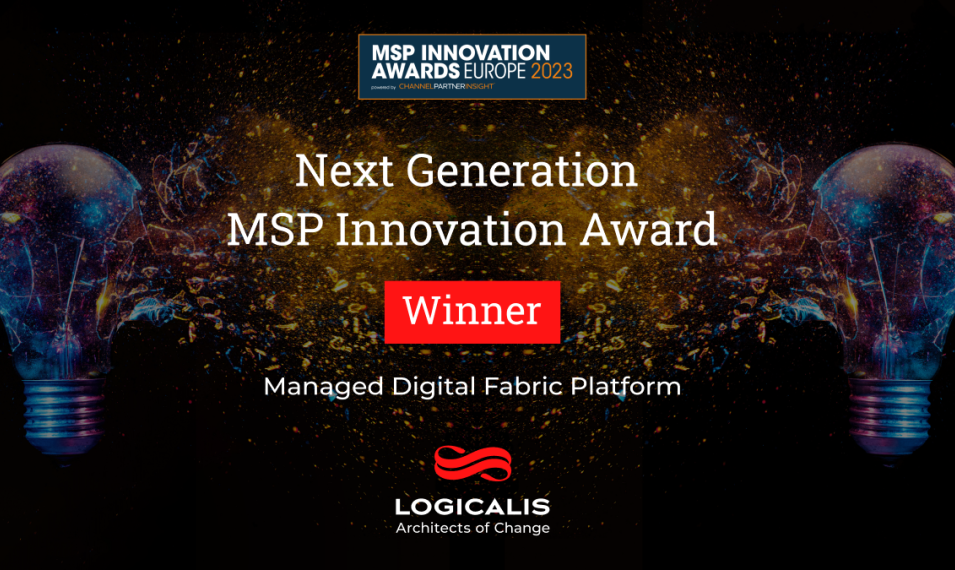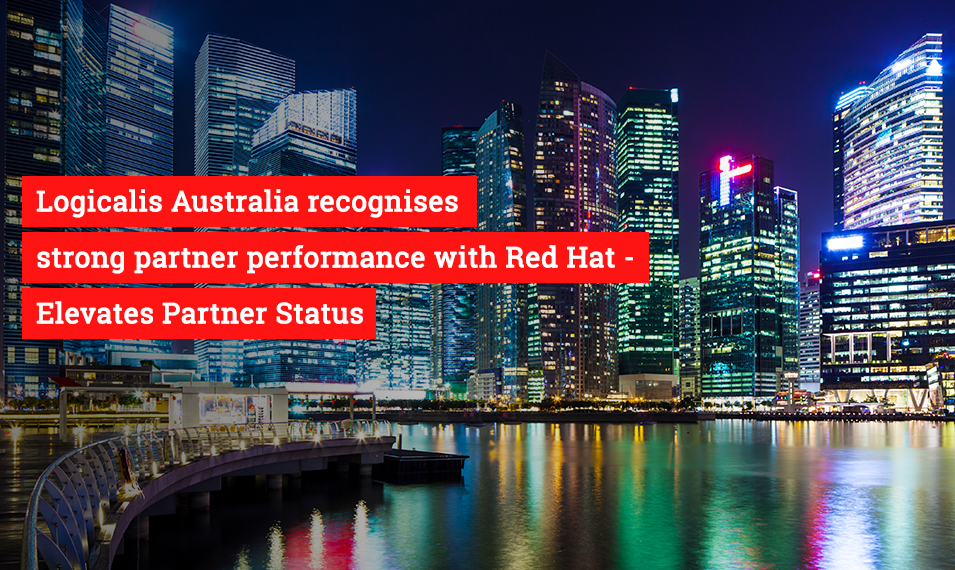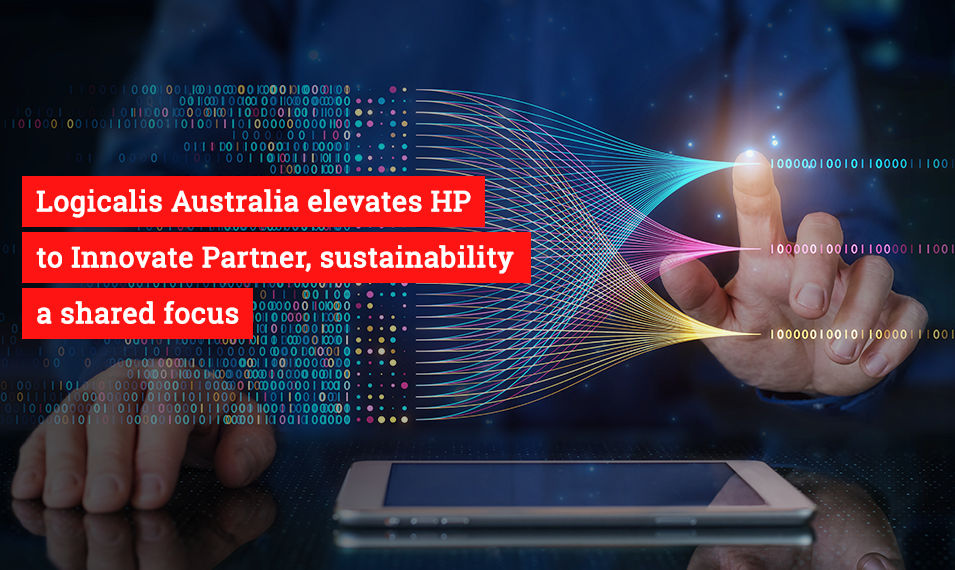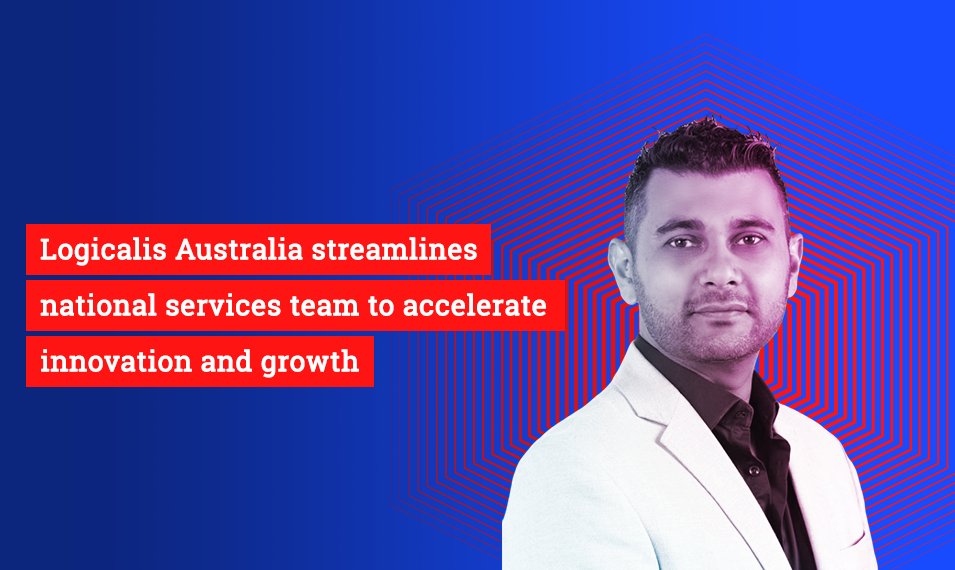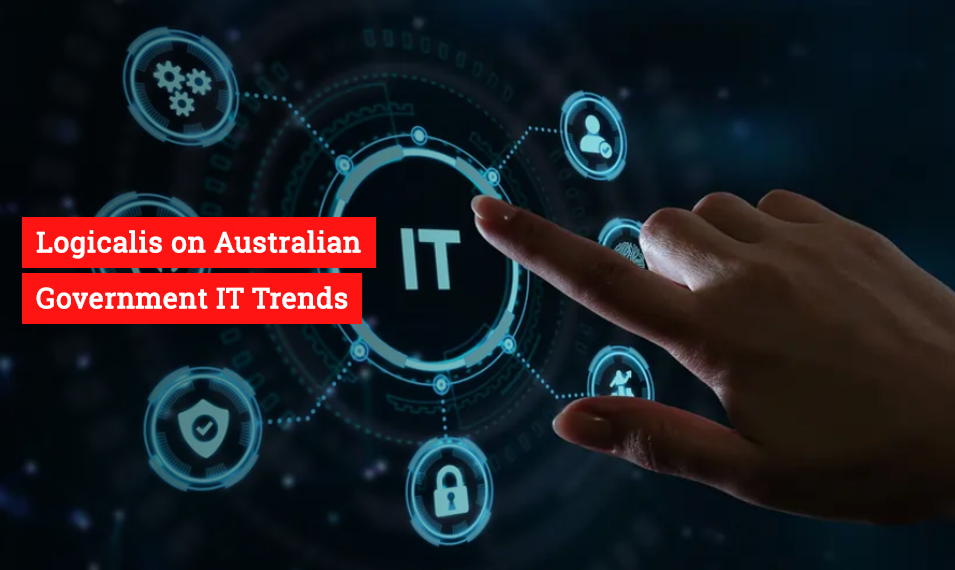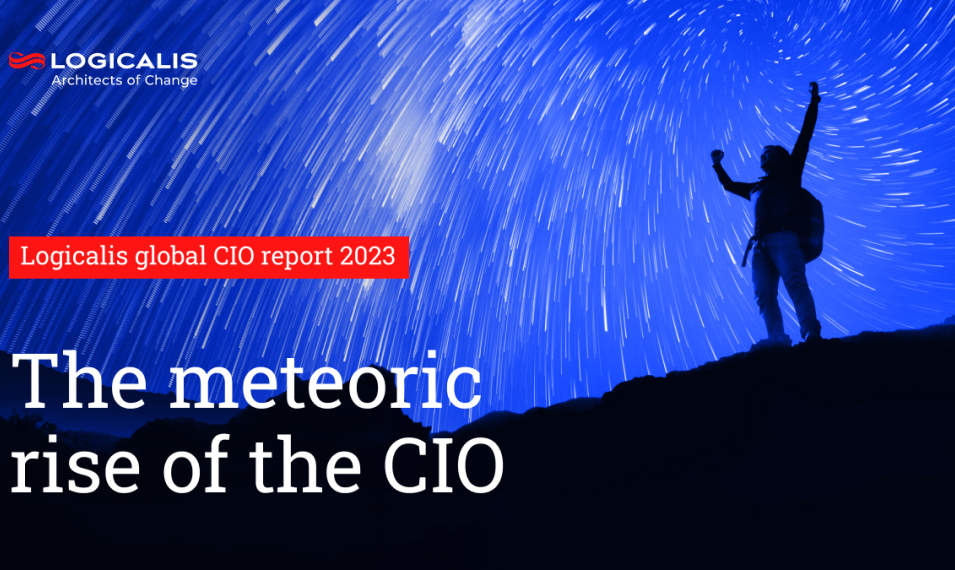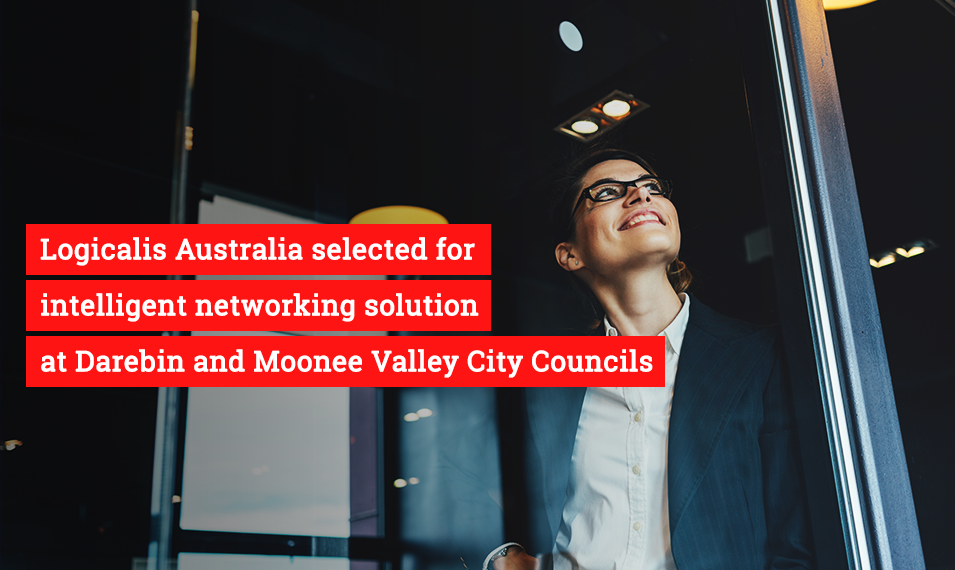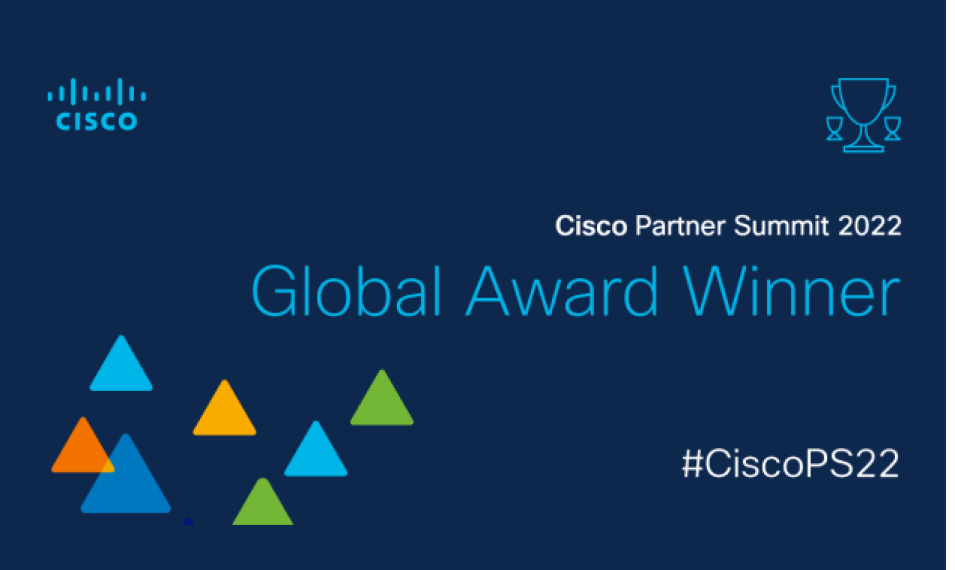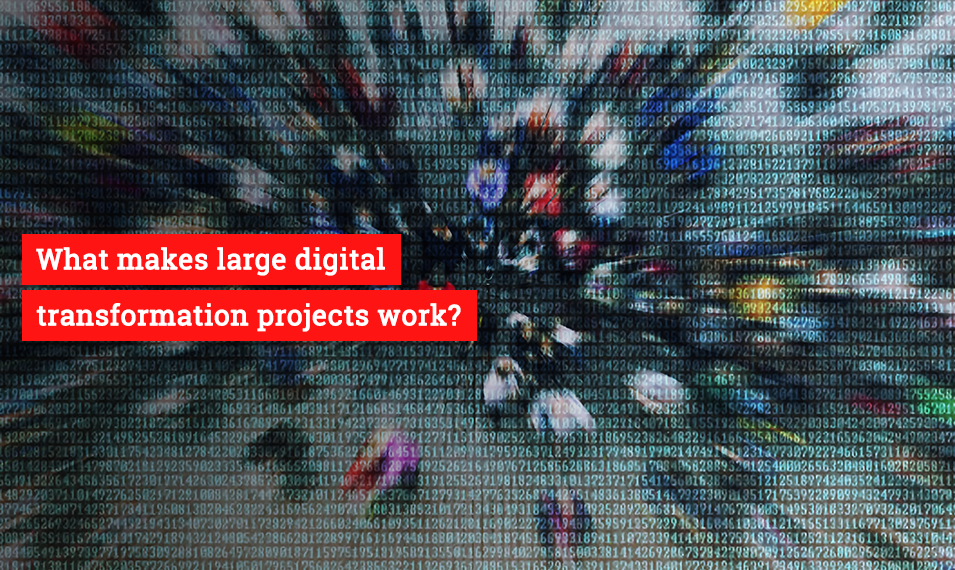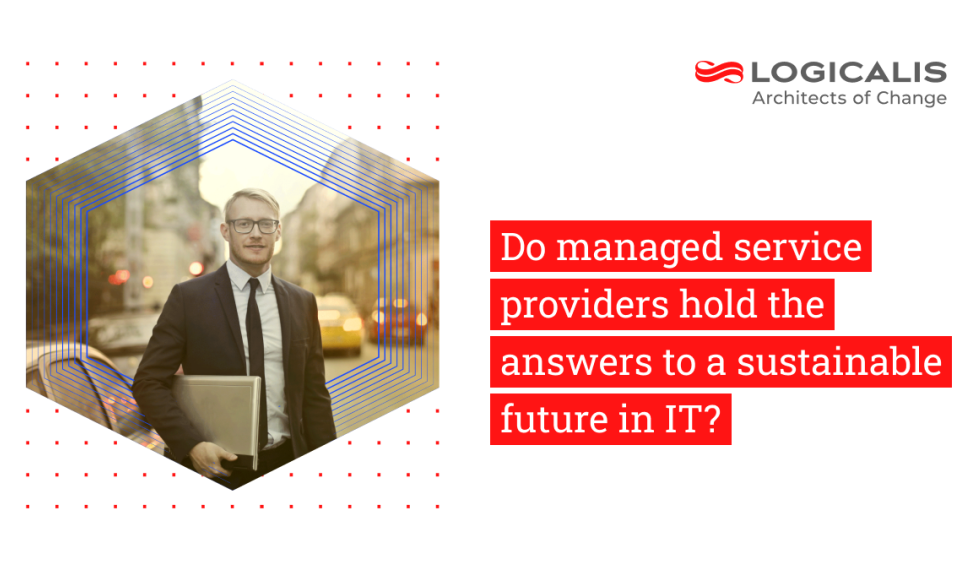
Australia, Dec 5, 2022
With Sustainability top of mind for everyone, Organisations are demanding transparency and clarity from suppliers and partners around ESG goals today; businesses expect the organisations they engage with to do more to offset their environmental impact. For example, data from 2018 showed that 62 per cent of consumers wanted companies to take a stand on issues including sustainability, transparency, and fair employment; in 2022, that number is closer to 72 per cent.
i The Logicalis Global CIO Survey 2021-22 revealed that 79 per cent of respondents believed their organisations were falling behind as they failed to match the pace of change.
ii Businesses must embrace innovation; part of that is leveraging technology to create a sustainable organisation now, for the future.
IDC reports 75 per cent of global 2000 (G2000) digital infrastructure requests for proposal (RFPs) will require vendors to prove their ESG and sustainability progress with data.iii As ESG increasingly becomes a key measure on which businesses are assessed, organisations must do more to be sustainable if they want to win business.
How managed service providers can help improve sustainability
Many businesses today recognise the value that managed services providers (MSPs) can deliver, such as enabling scale and flexibility without increasing costs exponentially. However, partnering with an MSP can also help reduce environmental impact while driving greater business efficiency.
For example, a sustainable MSP can help your business to:
- track the carbon impact of your technology stack to ensure IT services align with sustainability strategies and ESG goals
- monitor your cloud and technology usage while simultaneously minimising spend
- centralise critical business systems and engage with more power-efficient data centre providers to reduce of offset your environmental footprint where possible.
Fundamentally, MSPs will help transition your business to using more energy-efficient infrastructure. Often, this will be achieved through reducing your business’s need to own, host, and/or manage its own infrastructure. This helps you minimise the energy and space you need to store your data onsite.
Engaging with a global MSP also lets your business access expertise from across many countries, industry sectors, and ecosystem partners to drive more sustainable business practices.
Ultimately, partnering with an MSP will help you achieve your business goals and reduce your carbon footprint and emissions while empowering your business to strategically invest in more sustainable technology solutions and measurement capabilities.
Taking the first steps
To meet the growing need for transparency around sustainability commitments, businesses must innovate and adapt their processes accordingly. However, many organisations may not know where to start.
There are two significant steps you should take to start your business sustainability journey:
Benchmark your business
Moving towards more sustainable and responsible business practices is difficult if you don’t know where you currently stand. It’s critical to benchmark your business to understand where you are from a technology standpoint. Look at your carbon footprint and your contributing technology solutions to see what adjustments you can make to reduce your environmental impact.
Using the Carbon Score lets you track CO2 emissions relating to digital uses and can help to reduce your carbon footprint. This extension lets companies monitor and automatically consolidate avoided CO2 emissions while engaging employees in more sustainable practices.
However, Logicalis also helps organisations to dive deeper into their device usage and calculates their carbon footprint by assessing the energy usage of individual devices. The complex equation considers each device’s running time, memory size, and power efficiency, among other factors. Logicalis then measures the energy usage of each device against the carbon intensity of the energy production in the user’s country to calculate the carbon footprint.
Establish a task force to address key initiatives
Once the benchmark has been established, it’s important to consider how you can work with tools and other organisations to improve. For example, cloud—together with big data and analytics, machine learning (ML), and artificial intelligence (AI)—provides major opportunities for businesses to solve challenges and create change. Using available data lets you identify areas of the business that can be improved to minimise your environmental impact.
It’s also essential to establish an internal network of advocates to help you achieve this. Executive commitment and buy-in will help drive sustainable initiatives and promote them in a top-down way. Executives must talk the talk and walk the walk; discussing success and milestones encourages excitement about seeing business change.
The next step
Organisations should also consider the impacts of their supply chains and align with partners and vendors, including MSPs, that hold similar sustainability commitments to ensure ESG goals are met from beginning to end.
As a leading Global MSP partner for Cisco and Microsoft, Logicalis is a trusted advisor in taking customers on the journey to managed services, particularly where Sustainability is the driver.
Over the past 12 months, Logicalis has accelerated its sustainability commitments and established clear ESG goals, and a three-year roadmap designed to position the company as a leading responsible business. Logicalis has committed to environmental projects in all 27 countries in which it operates and has committed to recycling a minimum of 50 per cent of the waste it generates, as well as powering 75 per cent of its operations with renewable energy. Logicalis is also committed to its global operations being Scope 1 and Scope 2 carbon neutral by 2025.
As Architects of Change, Logicalis is committed to empowering other organisations and teams to be agents of change by creating sustainable outcomes through technology.
For more information on how partnering with Logicalis will help you discover the answer to a sustainable future in IT, contact the team today.
i Accenture, World Economic Forum: Shaping the Sustainable Organization, https://www.accenture.com/us-en/insights/sustainability/sustainable-organization
ii Logicalis Global CIO Survey 2021-22
iii IDC FutureScape: Worldwide Future of Digital Infrastructure 2022 Predictions

